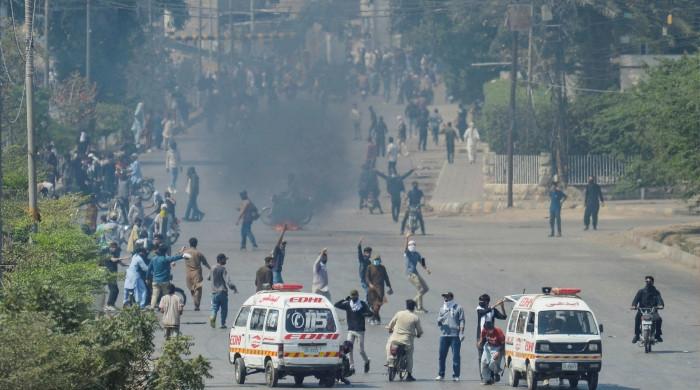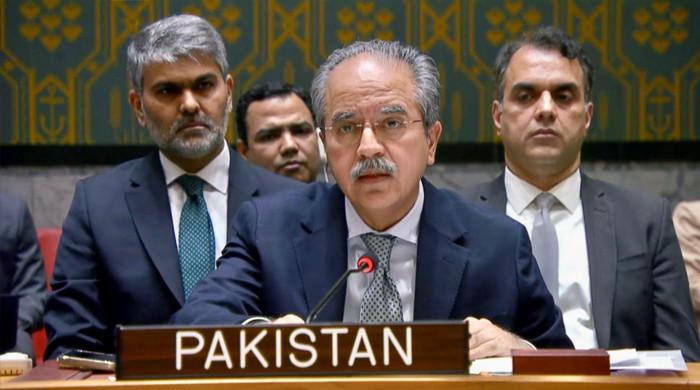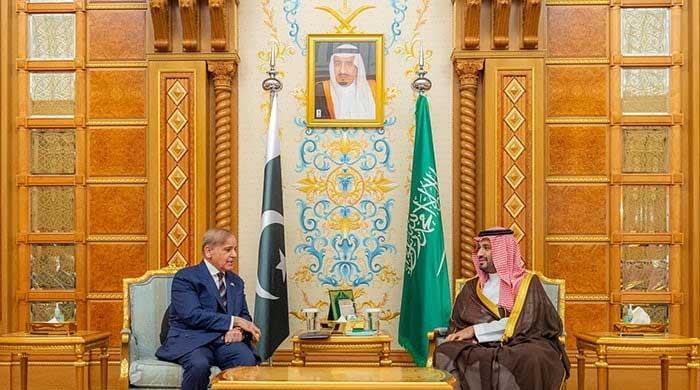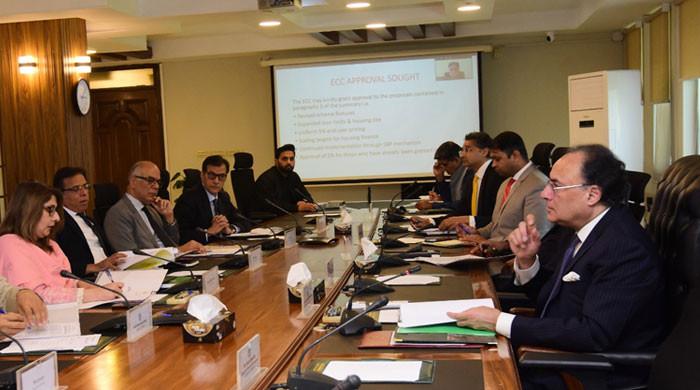Independents crucial in formation of new govt
After ECP issues its gazette notification, independents must join a political party of their choice within 3 days
February 10, 2024
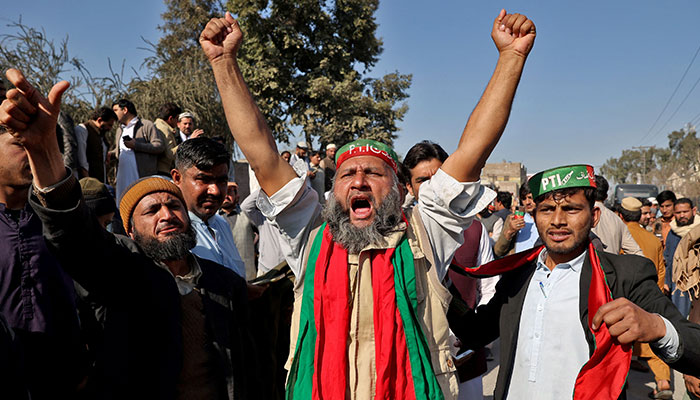
- Independents must join a party 3 days after ECP issues gazette notification.
- Gazette notification is issued within 14 days of elections by ECP.
- Political parties need independent lawmakers to form govt.
ISLAMABAD: The formation of Pakistan's next government, set to take place in the next few days or weeks, relies on the large number of independent candidates who have clinched victory in the recently held general elections on February 8, The News reported on Saturday.
According to the election rules, the independents must join a political party of their choice three days after the issuance of the gazette notification by the Election Commission of Pakistan (ECP).
The independents, however, play a crucial role, when political parties ahead in the race require a certain number of lawmakers to forge a majority in the lower house, which eventually helps them form a government.
The independent winners can only opt for one without being allotted a share in the reserved seats, set aside for women and religious minorities. Once they formally announce to join political parties, which will be under the law, reserved seats will be allocated to them based on their respective numerical strengths.
The gazette notification of the newly-elected members of the National Assembly has to be issued within 14 days of the polling day. After its issuance, before convening the first session of the National Assembly, the Election Commission will determine the division of 60 reserved seats for women and 10 reserved seats for minorities among parties.
According to the law, political parties are allotted reserved seats for women based on the seats obtained in the province, with the formula clearly defined in the Constitution and the law.
Section 104 of the Elections Act, 2017, states: “For election to seats reserved for women and non-Muslims in an assembly, the political parties contesting elections for such seats shall, within the period fixed by the commission for submission of nomination papers, file separate lists of their candidates in order of priority for seats reserved for women and non-Muslims with the commission or, as it may direct, with the provincial election commissioner or other authorised officer of the commission, who shall forthwith cause such lists to be published for the information of the public: Provided that the list submitted by a political party shall not be subject to change or alteration either in the order of priority or through the addition of new names in the list or omission of any name after the expiry of the date of submission of nomination papers.”
(2) The parties’ lists referred to in subsection (1) may contain as many names of additional candidates as a political party may deem necessary for contesting seats reserved for women and non-Muslims, to provide for any disqualification of candidates during scrutiny of nomination papers, or filling of any vacant seats during the term of an assembly.
(3) A candidate for a seat reserved for women or non-Muslims shall file the nomination papers on the form on or before the last date fixed for filing of nomination papers for the election, and the nomination papers shall, as nearly as possible, be scrutinised in the same manner as nomination papers of candidates for general seats are scrutinised under Section 62.
Four seats for women are reserved for Balochistan in the National Assembly, as the general seats of the province in NA is 16, therefore, according to the formula, whichever party gets four seats in the election will get one seat for women. Likewise, there are 144 seats in the National Assembly in Punjab, with 32 seats reserved for women. The figure of 32 will be divided by 144, resulting in a formula of 4.5 members.
Similarly, there are 14 reserved seats for women in Sindh. A political party with four and a half members will have a female seat. Khyber Pakhtunkhwa has 45 seats in the National Assembly, while there are 10 seats reserved for women. Under the same formula, one female seat for four and a half members will be elected.
In addition to the gazette notification and allotment of reserved seats for women, 10 reserved seats for minorities in political parties will be divided based on the total NA seats.





